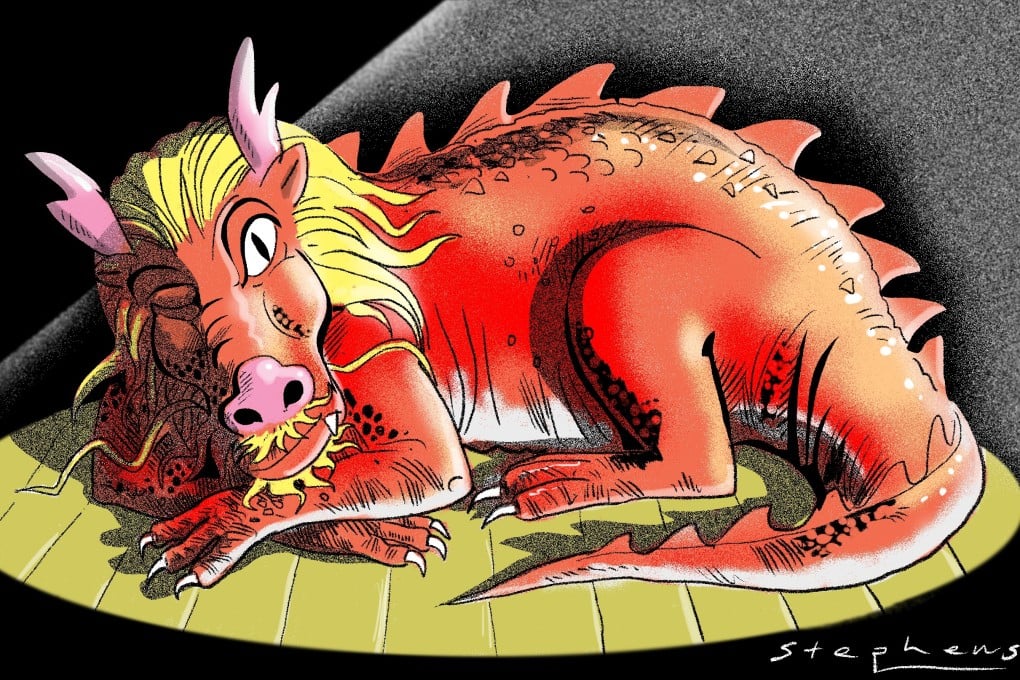Opinion | How can liberal democracies best manage China’s re-emergence as a great power?
- To cope with the redistribution of wealth and political power, democracies should strengthen defensive alliances, engage openly with Beijing and exercise strategic patience: given China’s demographic transformations, change may come from within

In late 1979, at the request of the Chinese government, the United Nations launched an aid programme in China. This initiative signalled Beijing’s intention to look outwards for support for its modernisation programme.
I was among the UN staffers dispatched to start the programme. Despite frustrations with the bureaucracy, those were exciting and optimistic days. Foreign governments and companies competed vigorously to provide aid and promote trade. Everyone wanted to be in China.
So, are liberal, democratic societies now trapped in an existential struggle with China in the marketplace of political ideas and economic competition? Or can they find ways to manage the global redistribution of economic wealth and political power that has come with China’s ascendancy without forfeiting the fundamental precepts of their own societies?
These are big challenges but not insurmountable.
